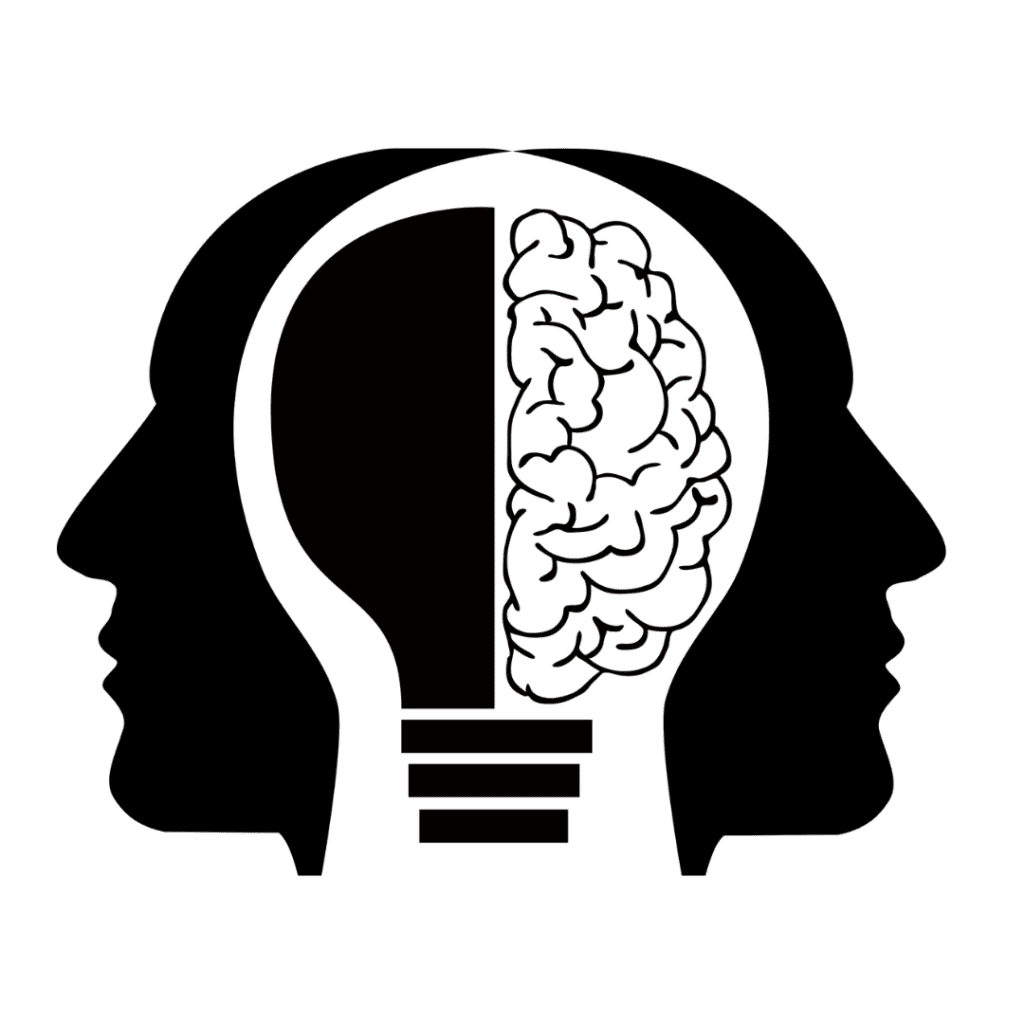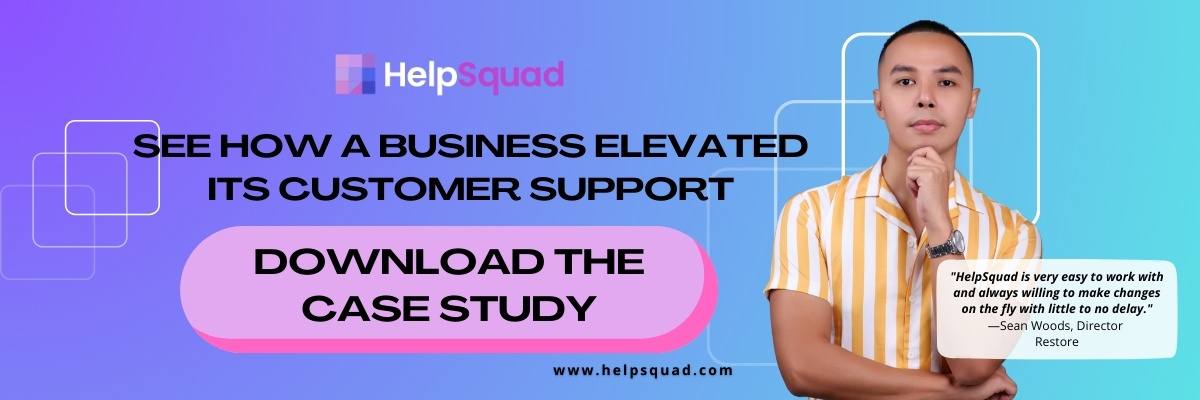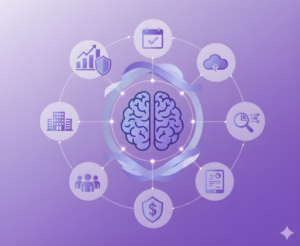Psychology of Customer Service: Enhance Interactions and Satisfaction
03 Sep 2024 By: Maria Rush
Updated
The psychology of customer service is really just about getting into the human side of business to see what actually makes people tick. It moves past robotic scripts and focuses on how emotions and basic mental patterns drive every interaction you have with a client. For instance, when you apply the principle of reciprocity by offering a small, genuine favor, customers naturally feel a desire to return that kindness with loyalty. It is about making people feel heard.
When I started understanding customer psychology, everything changed for me. You start to see what people really want. You see why they get frustrated and how small choices shape their entire day. Once you see those patterns, you can’t unsee them.
This article is going to walk you through the psychology behind great service, how service consumer behaviour affects your bottom line, and how psychology customer service techniques help you build a team that people actually trust.
The Importance of Psychology in Customer Service
The psychology of customer service starts with a simple truth I live by. Customer service is just human behavior. Every tone of voice or complaint comes from how a person feels right in that moment.
The more I focus on understanding customer psychology, the easier it is to connect. You aren’t just fixing a technical glitch. You are earning trust. People are social creatures. They follow what others do and they react to emotional cues way faster than logic. When you get familiar with these patterns of service consumer behaviour, you can build an experience that feels natural and helpful. That is what the best companies do. They make you feel seen.
The Connection between Human Behavior and Customer Satisfaction
In my experience, human behavior is the core of satisfaction. People don’t grade you on perfection. They grade you on how you treated them when things went wrong.
Emotions and expectations guide everything. If a customer feels respected, they stay calm. If they feel like just another number, they get loud. Consumer behavior in services is also influenced by things like “loss aversion” or just being plain tired of making decisions. When you build your journey around how people actually think, your satisfaction scores go up because the customer feels like you actually get them.
The Role of Emotional Intelligence in Customer Service

I believe emotional intelligence is a massive part of the psychology of customer service.
I would hire a person with high empathy over someone with a perfect script every single time. Empathy creates calm. A sincere response can turn an angry person into a lifelong fan. Loyalty doesn’t come from a points card. It comes from emotional safety. When people feel cared for, they don’t leave. Understanding customer psychology helps your team read those tiny emotional cues that make a huge difference.
Understanding Consumer Psychology
To me, understanding customer psychology means looking deeper than what the person is saying. People make choices based on their gut and their routines.
When we take the time to see what they really need, we can create messages and service that actually resonate. This is where service consumer behaviour becomes your secret weapon. You stop guessing. You start responding to real human patterns. And when customers feel that connection, they stay loyal.
What the psychology of customer service?
There are psychological principles behind every single interaction. When you use them the right way, the service feels good for the customer and it feels natural for your team.
This is the practical side of the psychology of customer service. It is about staying aware of how people interpret your tone. Understanding customer psychology helps you fix the problem before the customer even has to ask.
The Principle of Reciprocity in Customer Interactions
Reciprocity is a big one for me. It’s simple. When you treat people well, they want to treat you well too.
In service, this is gold. A small act of kindness or a thoughtful explanation builds a bridge. Customers remember how you made them feel. If you show you care, they return the favor with loyalty and good word of mouth. It isn’t a tactic. It’s a philosophy.
The Impact of Social Proof on Customer Decisions
I’ve seen this a thousand times. People look to others before they decide. That is a fundamental truth of consumer behavior in services.
Reviews, testimonials, and star ratings shape what people think of you before you even say hello. Social proof gives them the confidence to move forward. It’s one of the most effective psychology customer service techniques out there. When they see others trust you, they feel safe trusting you too.
Understanding Customer Behavior and Expectations

I love diving into the world of service psychology. Understanding the mind leads to much better interactions. If you want extraordinary results, you have to know how customers behave and what they expect before they even open their mouths.
Expectations come from past experiences and habits. When we study these, we see the deeper layers of service consumer behaviour. We can design systems that feel intuitive. That is where long term satisfaction lives.

The Psychology of Customer Needs and Wants
I’ve found that customer needs come from deep places. People want to feel safe, respected, and they want things to be easy. When you hit those notes, you create an experience that sticks.
Wants change, but those core needs don’t. Understanding customer psychology lets you meet both at the same time. That is how you become a part of your customer’s life.
Predicting Customer Behavior: The Role of Cognitive Biases
Cognitive biases influence people more than logic ever will. Things like “scarcity” or “familiarity” drive action.
When you understand these, you can guide customers without being pushy. You are just helping them make a decision that feels right. This is where the psychology of customer service helps you create a smooth, intuitive path for the person on the other end of the line.
Applying Psychological Techniques to Improve Customer Service
There are so many ways to use these techniques with your team. You can adjust tone, predict reactions, and use positive reinforcement to lower stress. Understanding customer psychology lets you keep things personal instead of transactional. When it feels personal, loyalty grows fast.
The Power of Positive Language in Customer Interactions
I’m a big believer in positive language. It changes the whole vibe.
Saying “I can help you with that” creates instant relief. Tone is everything. A warm greeting changes the flow of the whole conversation. It reassures the customer that a solution is coming. Words are small, but the impact is massive.
Using Persuasion Techniques to Enhance Customer Experience
To me, persuasion in service isn’t about tricking anyone. It’s about guidance.
Social proof builds confidence and clear explanations stop confusion. It only works if you are being honest. Customers appreciate transparency. When you combine that with the psychology of customer service, you help people make choices they feel good about.
The Future of Customer Service: The Role of Psychology
Technology is moving fast, but I know psychology will always be at the center of what we do. AI and chatbots are great, but they only work if they understand human reactions. Tools change. Human nature stays the same. That is why understanding customer psychology will always matter.
The Growing Importance of Emotional Analytics in Customer Service
We have tools now that can help us see how a customer feels through tone and sentiment. Tools like facial recognition and sentiment analysis. As well as tone detection and real-time emotional cues.
This gives teams a chance to solve a problem before it even blows up. It’s proactive, and it builds incredible trust. It is one of the coolest parts of modern psychology customer service work.
The Role of Psychology in the Development of AI Customer Service Tools
AI is getting smarter, but the best tools are the ones grounded in how humans actually think. Empathy and tone matching make AI feel less like a machine and more like a person. This mix of tech and psychology is the future.
“A brand for a company is like a reputation for a person. You earn a reputation by trying to do hard things well.”
— Jeff Bezos
Trending Now
In understanding customer service psychology, managing customer emotions is super important. Frontline employees’ handling of emotions directly affects service quality and brand perception.
By managing emotional interactions effectively, businesses can boost customer satisfaction and build stronger, more resilient relationships. This approach offers practical strategies for enhancing both customer service and brand management.
Conclusion
If you want better loyalty and better outcomes, you have to understand people. The psychology of customer service is the foundation of everything I do. When you know how people think and feel, you can build something that lasts.
HelpSquad can help you put all of this into practice. Our bilingual virtual assistants understand customer behavior in services and use psychology customer service techniques to connect with your customers in a sincere and supportive way. You can offer customers the kind of service that builds trust for years. Talk to us and see how different your customer relationships can be when psychology leads the way.
FAQs
Why does understanding customer psychology matter in customer service?
Understanding customer psychology matters because it helps you see what customers actually feel and expect before they ever say a word. When you understand how people think, react, and make decisions, you can communicate in a way that feels natural and respectful. You are not just solving problems. You are creating an emotional experience that makes customers feel understood and supported.
How does emotional intelligence improve customer interactions?
Emotional intelligence changes everything. When a representative knows how to read emotions, they can respond with calm, empathy, and patience. That kind of response lowers tension and builds trust instantly. Customers remember how you made them feel, and emotional intelligence is what helps them feel safe, respected, and valued throughout the conversation.
What role do cognitive biases play in customer behavior?
Cognitive biases shape customer decisions more than most people realize. Things like familiarity, scarcity, and social proof influence how customers react long before logic kicks in. When you understand these patterns, you can guide people in a way that feels helpful instead of pushy. It is not manipulation. It is about making the experience simple, intuitive, and comfortable for them.
How can positive language improve customer satisfaction?
Positive language gives customers confidence that their problem can be solved. A simple phrase like I can help you creates relief. A warm tone makes conversations feel human. When you use positive words, customers feel reassured and supported. This feeling stays with them long after the issue is resolved, and it becomes part of how they judge the entire service experience.
How does psychology shape the future of customer service?
Psychology will guide customer service even as technology evolves. AI, emotional analytics, and automation are only effective when they are built on real human behavior. Tools can process data, but understanding feelings, tone, and emotional cues is what creates meaningful interactions. As companies rely more on technology, the need to understand the human mind becomes even more important.


